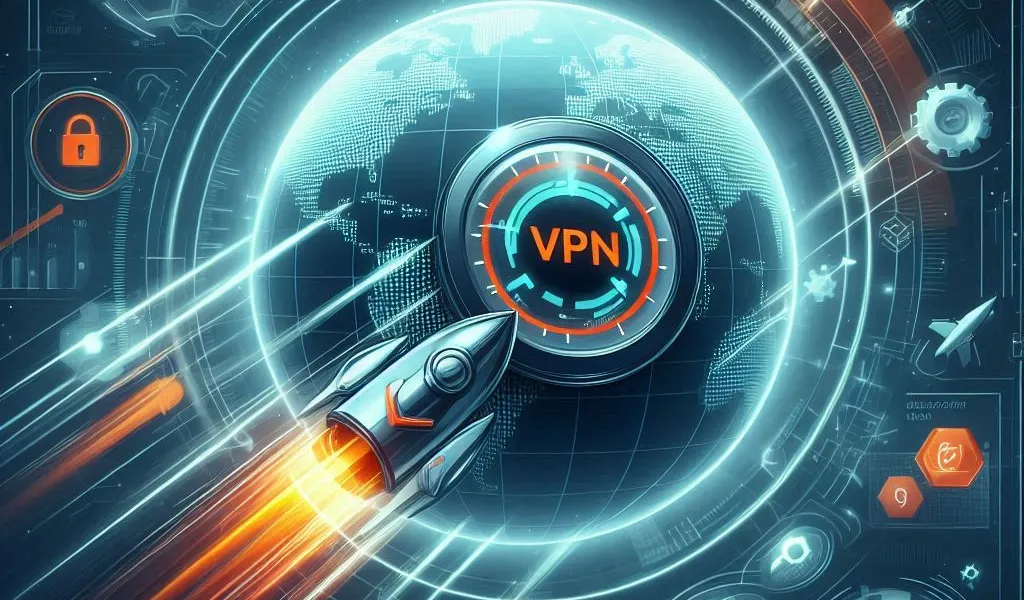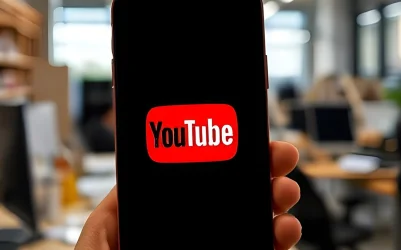How to Test Your VPN Speed and Security in 2025
5 min read 29 Jan 2025, 01:01 UTC

So you finally got a VPN. Maybe you snagged SSH Tunnel Net—the 100% free, ad-supported VPN—to binge that geo-blocked baking show or keep your late-night browsing habits actually private. But now you’re wondering: Is this thing even working?
Let’s be real—VPNs can feel like a magic trick. One minute you’re “in” France streaming cheese-making docs, the next you’re staring at a buffering wheel that’s testing your patience more than your Wi-Fi. And don’t even get me started on security. How do you know your VPN isn’t quietly leaking your data like a sieve?
Here’s the good news: Testing your VPN isn’t rocket science. You don’t need a tech degree, a credit card, or a lab coat. Just a few free tools, 10 minutes, and maybe a cup of coffee. Let’s break it down.
Step 1: The Speed Test (Because Buffering Sucks)
First, let’s tackle speed. Because what’s the point of a VPN if it turns your 4K stream into a pixelated slideshow?
What You’ll Need:
-
A speed test tool. I like Ookla Speedtest (the classic) or Fast.com (Netflix’s sneaky little tool).
What to Do:
-
Baseline Check: Run a speed test without your VPN. Write down the numbers. This is your “I paid for 100 Mbps, why am I getting 12?” reality check.
-
Fire Up Your VPN: Connect to a server. If you’re using SSH Tunnel Net, try our “US Streaming” server for BBQ recipes or “Singapore Privacy” for extra security.
-
Test Again: Run the same speed test.
The Verdict:
-
If your speed drops by more than 30%, your VPN is basically a digital anchor. Try switching servers (good news: SSH Tunnel Net lets you hop between uncrowded servers for free).
-
Still slow? Switch protocols! We support WireGuard (speed demon), V2Ray (flexible king), and Shadowsocks (stealth mode). Mix and match to find your sweet spot.
Step 2: The Leak Test (Because Creeps Exist)
Speed’s important, but security is why you’re here. Let’s make sure your VPN isn’t accidentally ratting you out.
The Tests:
-
IP/DNS Leak Check: Head to IPLeak.net. If it shows your real location or ISP, your VPN is failing harder than a TikTok privacy policy.
-
WebRTC Leaks: Go to BrowserLeaks WebRTC Test. If your IP pops up, your browser’s video chat feature is snitching on you. Fix? Toggle your VPN’s “WebRTC blocking” setting (we include this in SSH Tunnel Net—no upsells, no BS).
Pro Tip: Free VPNs are notorious for leaks. One I tested last week (cough, SuperFreeVPN) exposed my DNS faster than I could say “data breach.” But SSH Tunnel Net uses AES-256 encryption, a strict no-logs policy, and doesn’t sell your data. We show a few non-intrusive ads to keep the lights on—because free shouldn’t mean sketchy.
Step 3: The “Does This Even Work?” Test
So your VPN claims it can unblock Netflix. Let’s see.
-
Connect to a US server (or any region with exclusive content).
-
Try loading Netflix/Hulu/Disney+. If you see Stranger Things: Season 8 instead of “Not available in your region,” congrats!
-
If not, switch servers. Still blocked? Some free VPNs get blacklisted quickly, but SSH Tunnel Net keeps its servers fresh for streaming.
Step 4: The “Why Is My VPN Acting Weird?” Fixes
-
Switch Protocols:
-
WireGuard: Speed demon. Perfect for streaming or gaming.
-
V2Ray: Flexibility king. Bypass censorship like a ninja.
-
Shadowsocks: Stealth mode. Ideal for dodging aggressive firewalls.
-
-
Kill Switch: Enable this. Otherwise, one dropped connection and your data’s suddenly naked on the internet. (Don’t worry—we bake this into SSH Tunnel Net.)
-
Split Tunneling: Can’t live without Spotify? Route only your sensitive traffic (banking, emails) through the VPN. Keep Spotify on your regular connection. (Yep, we do that too. No charge.)
Why SSH Tunnel Net? (Spoiler: It’s Free. Forever. No Catch.)
Let’s cut through the noise:
-
Ads? Yes, But… We show a few non-intrusive ads to keep servers running. No pop-ups, no “single ladies in your area” nonsense.
-
Protocol Buffet: WireGuard for speed, V2Ray for flexibility, Shadowsocks for stealth. Pick your fighter.
-
Military-Grade Security: AES-256 encryption, WebRTC blocking, and a strict no-logs policy.
-
Servers Worldwide: From Singapore to the US, connect anywhere without paying a dime.
Why Bother Testing?
Because in 2025, cyber threats are wilder than a Twitter feud. Hackers, ISP snooping, data brokers—your VPN is your digital seatbelt. Test it like you’d test a parachute. Before you jump.
TL;DR:
-
Test speed with Ookla.
-
Check leaks with IPLeak.net.
-
Verify it unblocks Netflix.
-
Stop risking your data with sketchy VPNs. Use SSH Tunnel Net—it’s free, fast, and actually secure.
Ready to browse freely?
👉 Get Started Now: https://www.ssh-tunnel.net
P.S. Found a leak? Hit us up at [email protected]. We’ll fix it faster than you can say “encryption.”
Share the love: If SSH Tunnel Net saved you from buffering hell, tell a friend. (Or an enemy. We don’t judge.) 🛡️
Why Ads?
We’re 100% free, but servers aren’t. A few lightweight ads keep SSH Tunnel Net running without selling your data. Think of it as buying us a virtual coffee. ☕
Protocols Explained:
-
WireGuard: Like a Tesla—fast, sleek, and efficient.
-
V2Ray: The Swiss Army knife of VPN protocols.
-
Shadowsocks: The ninja of bypassing firewalls.
Now go forth and browse like nobody’s watching. (Spoiler: They’re not. If your VPN’s doing its job.)






